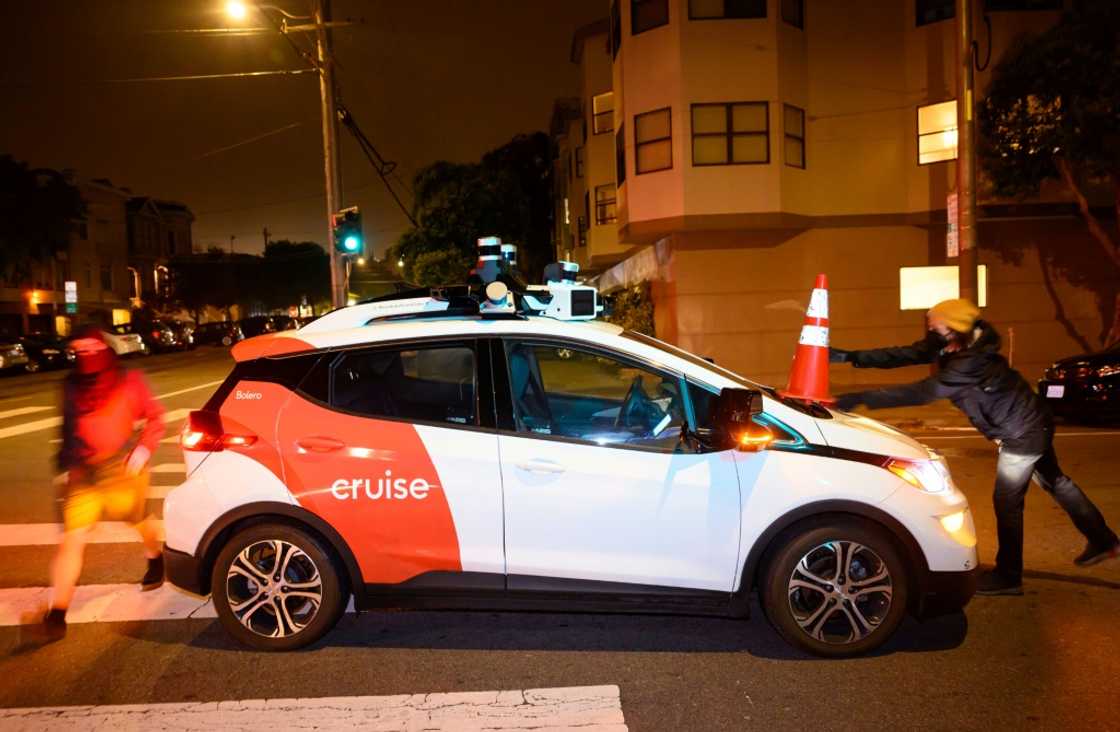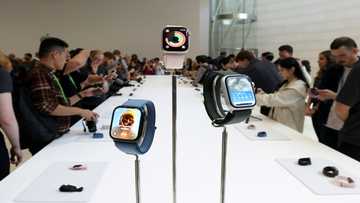GM's Cruise pauses driverless car operations after California ban

Source: AFP
US vehicle company Cruise has suspended all operations of driverless cars, the subsidiary of auto giant General Motors said Thursday, days after California authorities halted testing of its driverless cars in the state.
California on Tuesday suspended testing of Cruise autonomous vehicles as robotaxis citing safety concerns following a series of accidents.
The company made the move in a bid to "rebuild public trust," it said in a post late Thursday on X, formerly Twitter.
"The most important thing for us right now is to take steps to rebuild public trust," Cruise said.
"In that spirit, we have decided to proactively pause driverless operations across all of our fleets while we take time to examine our processes, systems, and tools and reflect on how we can better operate in a way that will earn public trust," Cruise said.
California's decision came weeks after a self-driving car operated by Cruise ran over a woman who had first been knocked in front of it by a hit-and-run driver in San Francisco.
Video presented to AFP by Cruise showed the self-driving car and another vehicle slightly ahead to its left moving through an intersection with a green light when the second car hit the woman.
Cruise said its decision to suspend operations was not "related to any new on-road incidents".
The California state regulators have told Cruise of steps needed to get permits reinstated for its driverless cars.
California authorities in August expanded driverless taxi services in San Francisco, giving the go ahead for operators Waymo and Cruise to compete with ride-share services and cabs.
The California Public Utilities Commission voted to let Waymo, a unit of Google-parent Alphabet, and GM-owned Cruise essentially run 24-hour robotaxi services in San Francisco.
Driverless cars were first introduced in San Francisco in 2014 with a mandatory human "safety driver" on board.
Four years later, California scrapped its requirement that a human driver be in the car.
Since their introduction, driverless cars have been involved in several problematic instances, such as becoming stuck in the middle of roadways, blocking bus lanes or even interfering in police or firefighter operations.
New feature: Сheck out news that is picked for YOU ➡️ click on “Recommended for you” and enjoy!
Source: AFP



